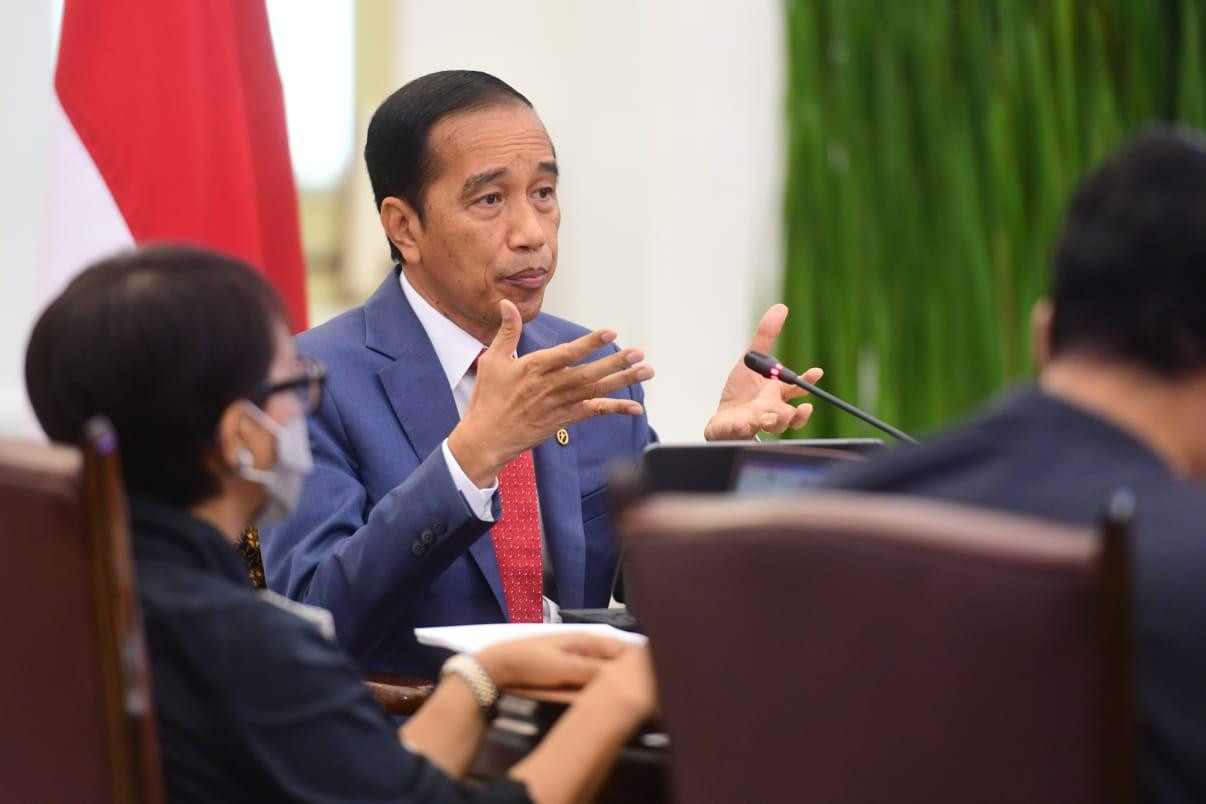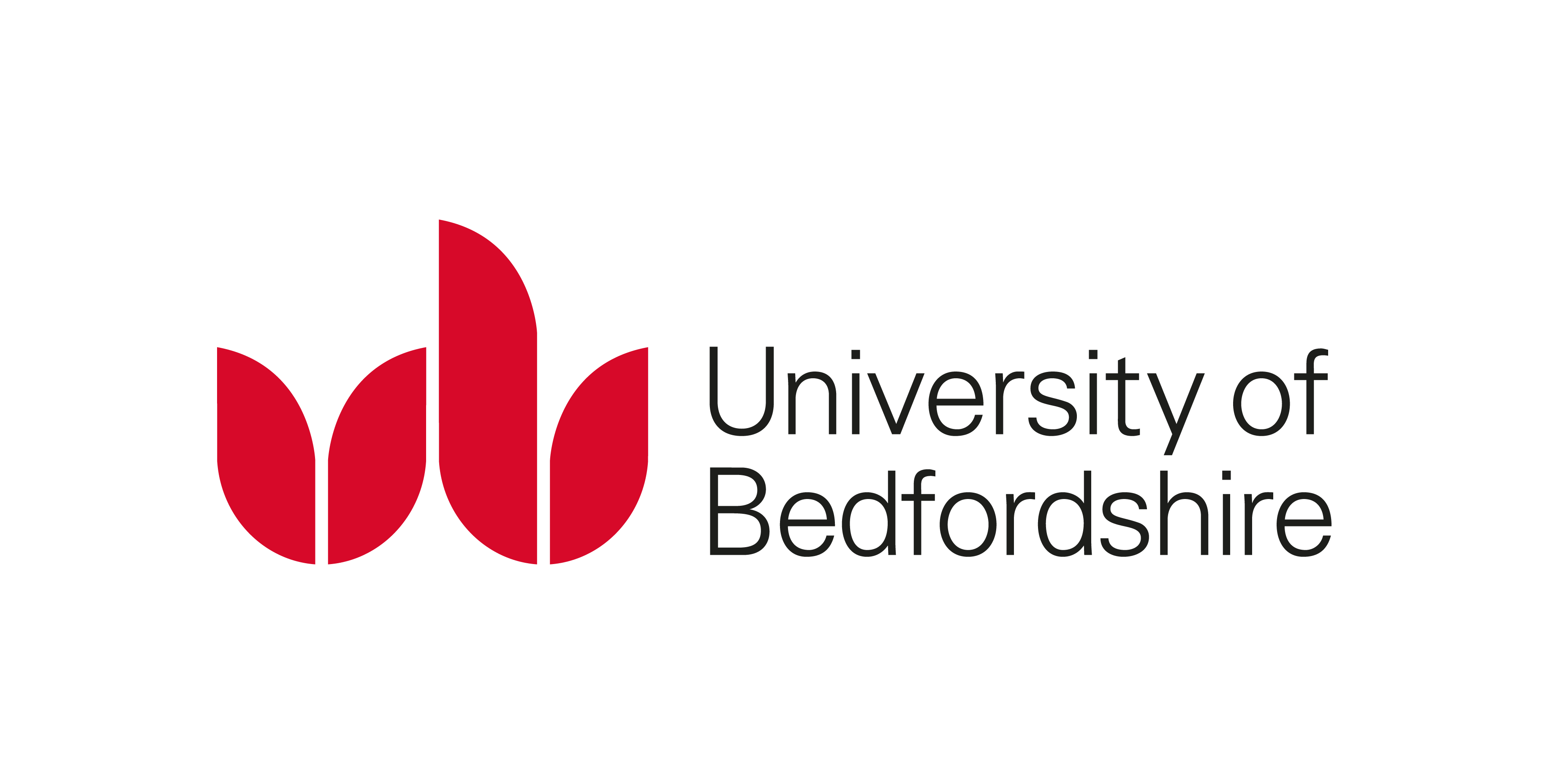
Indonesia will ban exports of palm oil starting next week, President Joko “Jokowi” Widodo said, as the world’s biggest producer faces a shortage of cooking oil made from the product.
The country been running low on palm-based cooking oil since November as producers turn to exports to cash in on an increase in prices around the world.
Authorities now fear the scarcity and soaring prices could provoke social tensions and have moved to secure supplies.
“The government will prohibit the export of raw materials for cooking oil and cooking oil itself… until a deadline to be determined later,” President Jokowi said in a statement.
“I will continue to monitor and evaluate the implementation of this policy so that cooking oil in the country is abundant at affordable prices,” he added.
Officials introduced limited curbs on palm oil exports in January, capped prices, and announced cash subsidies for some Indonesians to compensate for rising food prices.
But the commodity continued to become harder to find at markets and grocery stores, with long queues appearing at many locations.
This week the Attorney General’s Office accused an official in the trade ministry of corruption for issuing export permits to palm oil producers when they had not met domestic market obligations.
The office also arrested several high-ranking officials at three of Indonesia’s big palm oil companies, including Wilmar Nabati Indonesia, a subsidiary of Singapore-based giant Wilmar International.
Palm oil is the most widely used vegetable oil in Indonesia whereas crude palm oil is exported worldwide for a wide range of uses, from cosmetics to chocolate spread.
Vegetable oils are among a number of staple food items that have reached all-time high prices in recent weeks following Russia’s invasion of agricultural powerhouse Ukraine, according to the United Nations Food and Agriculture Organization.
This article was published in thejakartapost.com with the title “Indonesia to ban palm oil exports to tackle domestic shortage”.
Click HERE to read
































